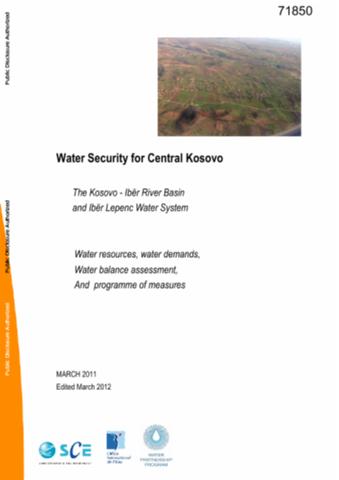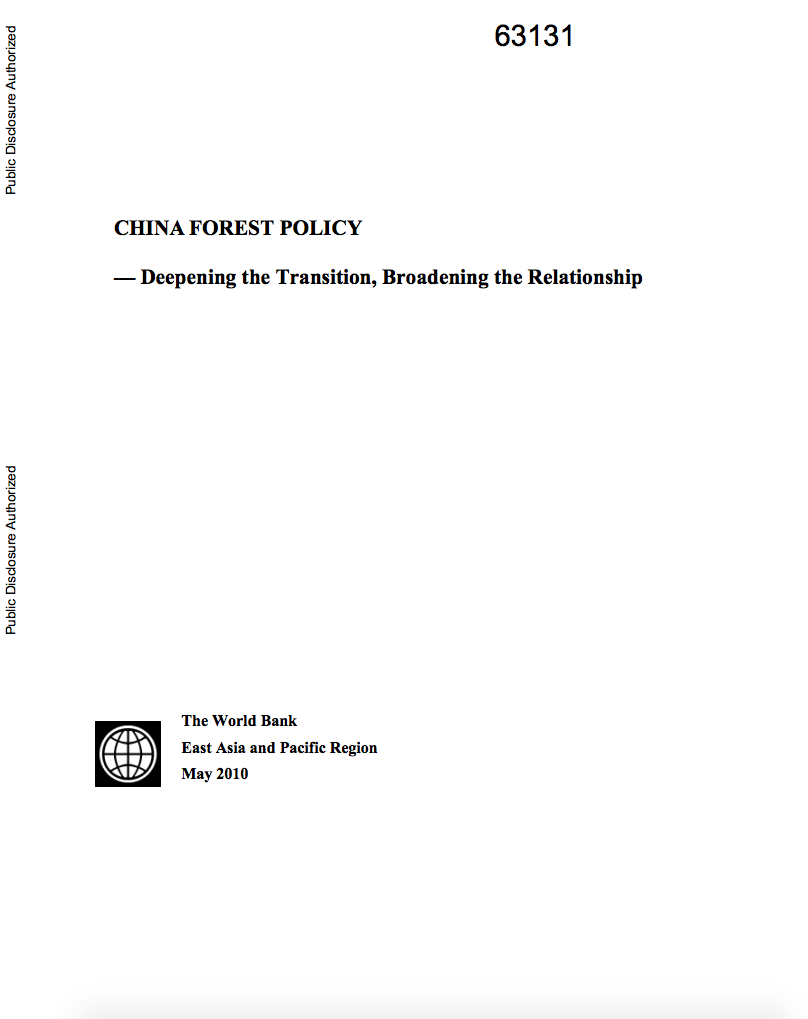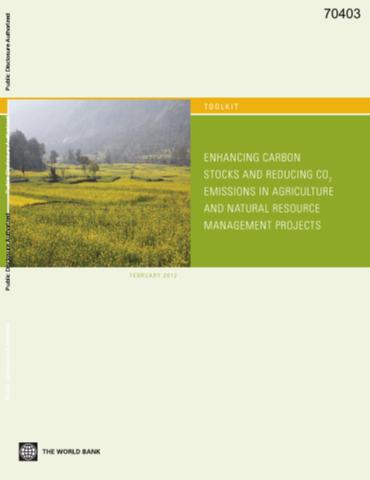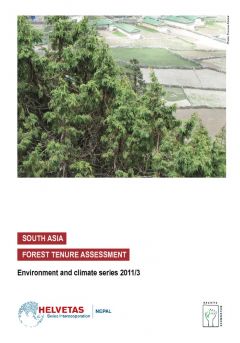Water Security for Central Kosovo
Kosovo is a small and young state that gained an interim United Nations (UN)-administered status in the wake of the Dayton peace accord only in 1999; it declared independence in 2008. Compared to neighboring countries, it is still lacking in its basic infrastructure and its administrative and technical skills. In addition, with the onset of the War in Yugoslavia in 1992 most investment and normal maintenance came to a standstill.











